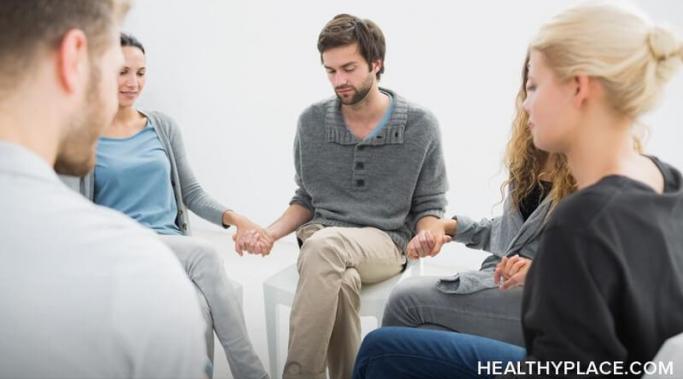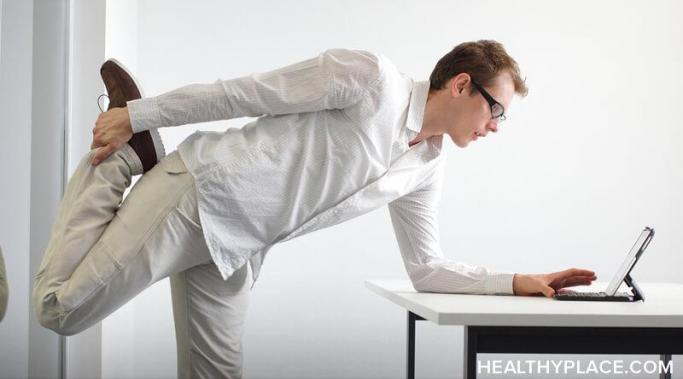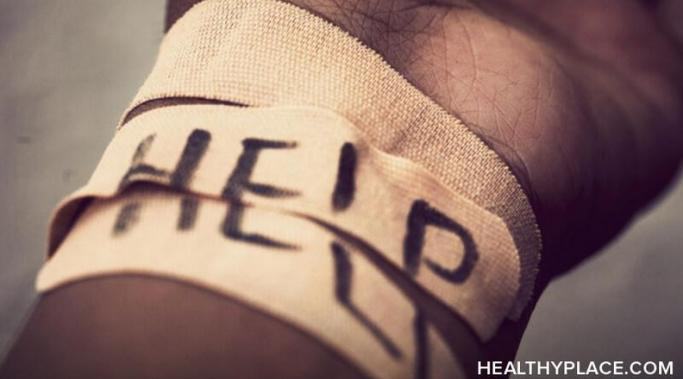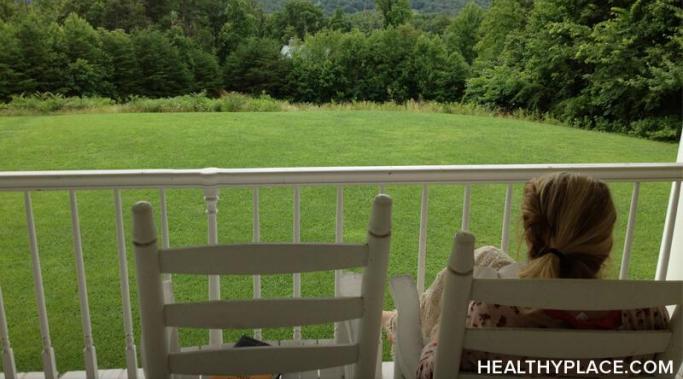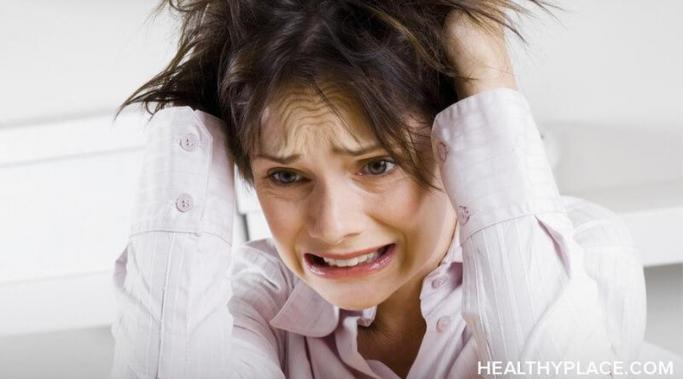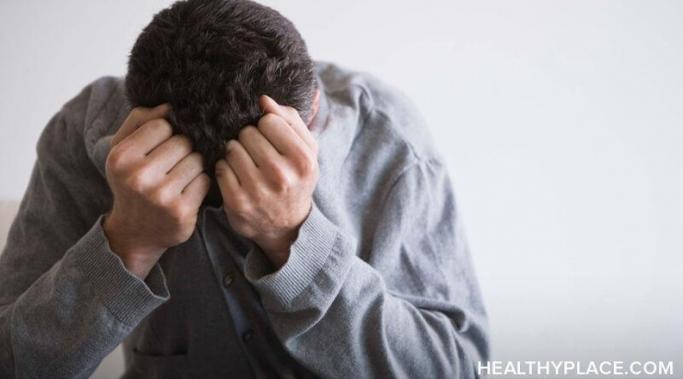This post is mainly geared not to others with anxiety, but to any allies who may be reading to better understand how to help someone with an anxiety disorder.
Anxiety Management – Anxiety Schmanxiety
It's the ultimate conundrum. Mindfulness meditation can reduce the effects of anxiety on your life and wellbeing, but practicing mindfulness meditation when you're anxious can seem impossible. After all, anxiety involves negative, racing thoughts--worries, what-ifs, and worst-case scenarios--that keep you trapped in your mind. How are you supposed to quiet your mind with mindfulness meditation when anxiety is relentlessly loud? If anxiety is preventing you from using this tool to reduce it, take heart: the practice is a skill that becomes stronger the more you use it. Here are three tips to make mindfulness meditation work for you when you're anxious.
Anxiety hangs out in the body as much as it does in the mind. Many of the symptoms of anxiety are physical because we are one whole, united system: brain, body, and mind. Because of this, our entire being--thoughts, emotions, and body--is impacted by stress and anxiety. As annoying and life-disruptive as this is, it means that we have multiple ways to find it and heal it. You can reduce your symptoms by working with your body. Here are some ways you can ease the anxiety in your body both immediately and long-term.
Why is it important to avoid digital self-harm on the Internet? Is it possible to avoid it when the modern Internet is itself complicit in facilitating self-harm?
What do you think about accepting anxiety, that thing we hate? Acceptance is a powerful concept that can help us reduce anxiety. It isn't a modern trend, this latest craze in our attempt to manage stress, anxiety, depression, and everything else that challenges our mental health and wellbeing. It's actually an age-old practice with roots in Buddhism and other ancient traditions. It's a component of mindfulness, another concept with ancient heritage. In our modern era, acceptance is well-researched and part of legitimate therapeutic approaches like acceptance and commitment therapy. Yet, accepting anxiety is one of the most difficult concepts not just to understand but to put into practice.
Life after a panic attack or anxiety attack, no matter how intense, doesn't have to be miserable. Here's a look at the lingering effects of these experiences and how you can regain control.
A panic attack or anxiety attack is an intense but short-lived experience of gripping anxiety. These attacks can be severe, causing a host of miserable symptoms. While the actual attack doesn't last long, typically peaking in about 10 minutes but sometimes lasting a bit longer, the effects can continue and make life after a panic attack or anxiety attack miserable and difficult. Knowing what to expect during and after a panic attack can help you minimize and shorten the recovery time and move forward more easily and positively.
Wanting to hide from anxiety is a normal reaction. It's hard-wired into us as the fleeing part of the fight-or-flight response. It's a self-protective response that kicks in in the face of anxiety-provoking triggers. The problem is that its use is limited. While it might protect us from danger or even discomfort in a particular situation, if hiding from anxiety is our main way of dealing with it, we severely limit our lives. It's hard to override this impulse, though, especially if you've been doing it for a long time. To help you emerge from hiding and embrace your life, here are four ways to stop hiding from anxiety.
Though the Internet has the potential to become a boon for those suffering from mental illnesses like anxiety (in the form of websites like this, for instance), unfortunately, some in power are using the Internet to financially exploit those who are most vulnerable. Therapy has become a victim to what’s referred to as “the gig economy,” and any right-minded advocate for mental health owes it to themselves to fight against this at any cost.
I have up close and personal as well as professional information about anxiety and chronic health conditions. Over the past year, I've been diagnosed with a whopping nine chronic health conditions, many of them autoimmune and most of them digestive in nature. They're all permanent, but I'm grateful that they're all manageable. I'm also happy that I am happy and well. Healthy anxiety is part of this subjective sense of wellness. I'd like to share with you four tips that I use to keep my anxiety low despite these chronic health conditions.
